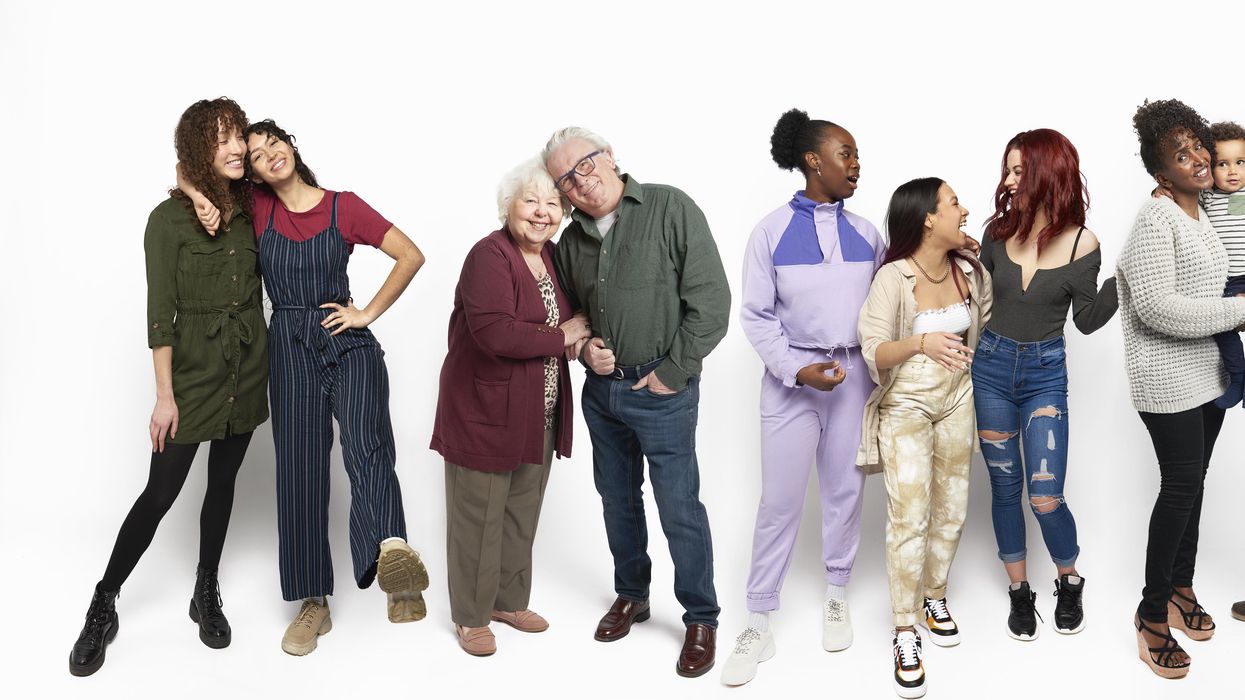Molineaux is co-publisher of The Fulcrum and president/CEO of the Bridge Alliance Education Fund.
A mentor and teacher commented, “Humans regulate other humans.” This came on the heels of a few days of mild depression, where I chose to numb out and turn off the world; I was alone and without accountability to others. I had moved from respite to wallowing, and these few words called me back to my normally determined self. The idea that “humans regulate other humans” registered for me on several levels: mental, emotional and physical.
First, while I was numbing out, I watched a documentary on cults. Research has documented that we are most at risk of being radicalized into extremism or cults when we lose our sense of self; this is often preceded by feeling lonely, depressed, powerless and lacking a sense of meaning. Into this void of identity steps someone who seeks to exploit others in their most vulnerable moments. Only other people can intercede, offering hope of a better future and a sense of belonging. “Humans regulate other humans” hit this squarely. Unfortunately friends and loved ones are often ill equipped to offer connection, support, sympathy or understanding. Instead, offering rejection and ridicule which only serves to drive our loved ones further into the arms of the exploiters.
Second, our human bodies are neurologically wired for connection to each other and nature. Walking in the forest or on the beach offers me a sense of wonder and connection to something greater than myself. Scientifically, the fewer connections we have, the sooner we die. When we are alone, our thoughts recycle and with each cycle, our thinking often becomes more perverted due to lack of community sense-making. Mentally and emotionally, we are our strongest in the arms of a healthy community.
Third, when we are in a community, cultural norms ensure the survival of the community. They regulate how we live together for the collective’s sake, not the individual. In the United States, we enshrined this in our Constitution and subsequent rule of law. This is the cultural norm we share, above all others. Or at least, we used to. Humans regulate other humans, right?
Today, competing groups of citizens are claiming the rule of law means different things to them. One group claims the rule of law for all people, challenging inequities and abuse of power. Another group claims rule of law has been corrupted by the ruling class, and it is up to citizens to set it right. I agree with both claims. Corruption is rampant and the rule of law must be challenged for its failures to treat all people equally.
Here is our catch-22 in all its glory. We haven’t yet imagined a set of cultural and social norms that is truly inclusive of our rich diversity. So we judge harshly and fight about cultural norms, trying to force others into what is most comfortable for us. And as we focus on the fight, we turn off our imagination, just when we need it most.
The pandemic has radically changed our sense of safety in the world, as has our political climate, extreme weather conditions and social unrest. Everything we thought was predictable is being stripped away so we can create anew. It can be exhilarating instead of terrifying if our imagination is not stifled by the harshness of the fight around us.
A close friend quipped to me recently, “I’m so tired of being resilient.” As we spent more time together, I found her assigning intent to others for actions she found objectionable. “How can they be so gullible?” or “They are just followers, not able to think for themselves,” she would state. When I offered other possible interpretations, she took exception that I was “making excuses for them.” I had a choice to make. I had more knowledge of intentions due to the diversity of my friends group and work life. But the norms of our relationship has always been to avoid conflict, and that was the direction we were heading.
I chose to stop offering alternative explanations that challenged her “knowing.” Should I have? Was I really being helpful by avoiding the discomfort of our times? Like many of us, she is exhausted by our social upheaval and the implications on her life. I chose not to add more uncertainty or hardship. I made the best decision based on norms and compassion, but wish I had found a way to respond that didn’t require one of us shutting down part of who we are.
We’ve been through a lot in the last few years. Like our ancestors who endured the pandemic 100 years ago, two world wars, a financial crisis and extreme weather, we will survive. And out of our trials, we will find a social cohesion that transcends our troubles and is the best we can imagine for ourselves. Let’s start with compassion, kindness and imagining a better future that allows us the freedom to be who we are, within our community.




















Trump & Hegseth gave Mark Kelly a huge 2028 gift